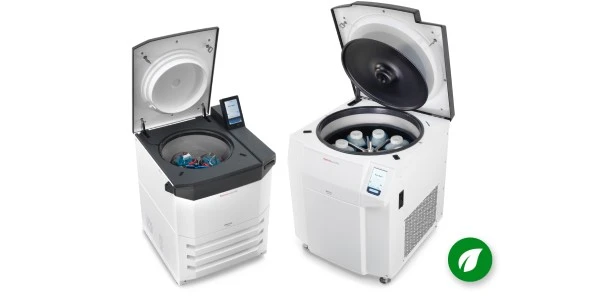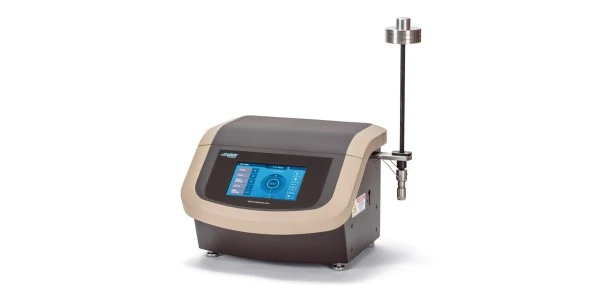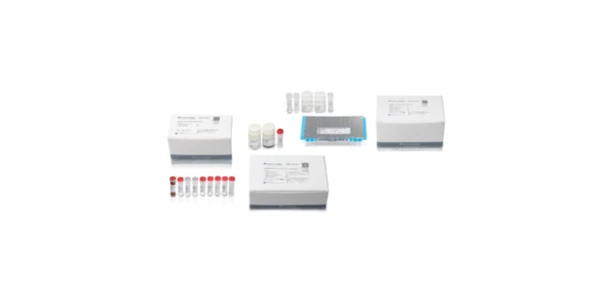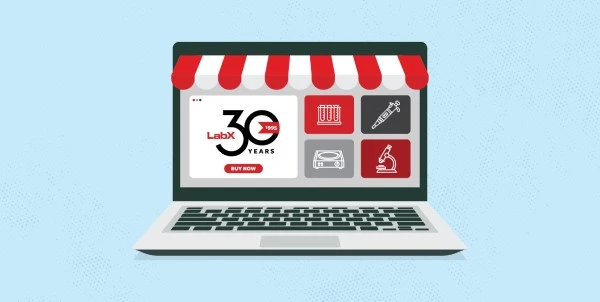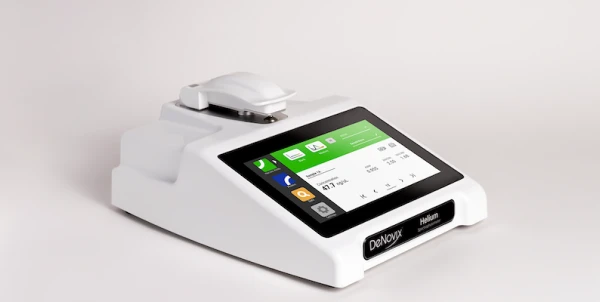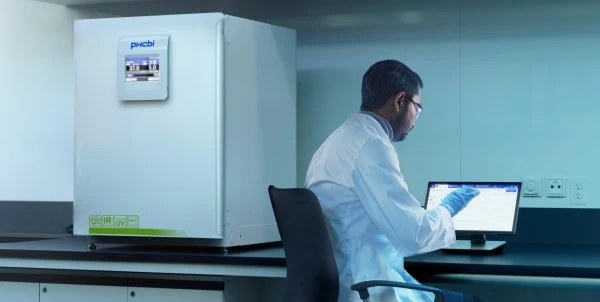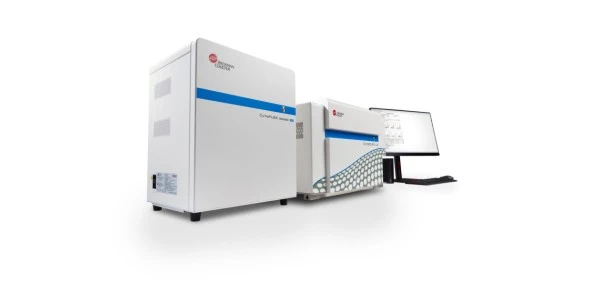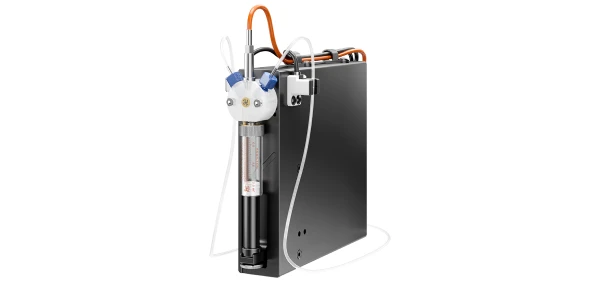The Best Mobile Labs: A Buyer's Guide to Price and Features
Mobile laboratories, or mobile labs, are versatile units that bring the capabilities of a stationary lab to the field. They are essential for applications requiring on-site analysis, rapid response, and flexibility, such as environmental monitoring, medical diagnostics, and forensic investigations. Selecting the right mobile lab involves considering factors such as flexibility, portability, and the specific equipment needed for the intended application. This guide provides an overview of different types of mobile labs, key features to consider, and a price guide to help you make an informed decision. Environmental Monitoring Labs are equipped with instruments to measure and analyze environmental parameters such as air quality, water quality, and soil contamination. These mobile labs are essential for conducting field assessments, regulatory compliance checks, and environmental research. Applications: Air and water quality testing, soil contamination analysis, pollution monitoring, and environmental impact studies. Mobile Medical Labs are designed for on-site medical testing and diagnostics. These labs are equipped with clinical analyzers, point-of-care testing devices, and medical supplies. They are used for providing healthcare services in remote areas, emergency response situations, and public health initiatives. Applications: Blood testing, infectious disease screening, emergency medical response, and rural healthcare. Forensic Investigation Labs are mobile units equipped with tools and instruments for crime scene analysis, evidence collection, and forensic testing. These labs allow forensic teams to perform critical analyses at the scene, preserving evidence integrity and speeding up investigations. Applications: Crime scene analysis, evidence collection, drug testing, and forensic identification. Mobile Food Testing Labs are used for on-site analysis of food quality and safety. These labs are equipped with instruments for detecting contaminants, pathogens, and chemical residues. They are essential for food safety inspections, quality control, and regulatory compliance in the food industry. Applications: Food quality analysis, pathogen detection, pesticide residue testing, and allergen screening. Mobile Chemical Analysis Labs are designed for on-site chemical testing and analysis. These labs are equipped with spectrometers, chromatographs, and other analytical instruments. They are used for chemical identification, hazardous material assessment, and industrial process monitoring. Applications: Chemical identification, hazardous material testing, industrial process monitoring, and quality control. Mobile Training and Education Labs provide a hands-on learning environment for students and professionals. These labs are equipped with scientific instruments, educational materials, and computer workstations. They are used for STEM education, vocational training, and outreach programs. Applications: STEM education, vocational training, scientific outreach, and community education. Consider the specific equipment and instrumentation needed for your application. Mobile labs should be customizable to include the necessary tools, such as analytical instruments, computers, and storage. Choose a mobile lab that can be tailored to meet your specific needs and research objectives. Portability is crucial for mobile labs, as they need to be easily transported to different locations. Look for mobile labs that are compact, lightweight, and easy to set up and operate. Trailer-based units or vehicle-mounted labs offer flexibility for various environments and terrains. Ensure the mobile lab has reliable power sources, such as generators or battery systems, to operate equipment in remote locations. Connectivity features, such as Wi-Fi, satellite communication, and data transfer capabilities, are important for real-time data sharing and remote monitoring. Safety is a top priority when working in a mobile lab. Choose labs with built-in safety features, such as ventilation systems, fire suppression, and spill containment. Ensure the mobile lab meets relevant regulatory standards and guidelines for safety and environmental protection. Mobile labs should be built to withstand the rigors of travel and fieldwork. Look for high-quality construction materials, such as reinforced walls and corrosion-resistant finishes. Durable lab interiors, secure storage, and protective cases for sensitive equipment are essential for long-term reliability. Climate control is important for maintaining stable conditions for sensitive equipment and samples. Choose mobile labs with heating, ventilation, and air conditioning (HVAC) systems to regulate temperature and humidity. Insulated walls and windows help maintain a controlled environment. Selecting the best mobile lab involves considering factors such as customization, portability, safety, and the specific equipment needed for your application. By choosing high-quality mobile labs that meet your specific needs, you can enhance the efficiency, accuracy, and reliability of your on-site analysis and research. For more detailed specifications or to view models, visit LabX.com to browse products and gain additional insights to help in making the best choice for your lab's needs.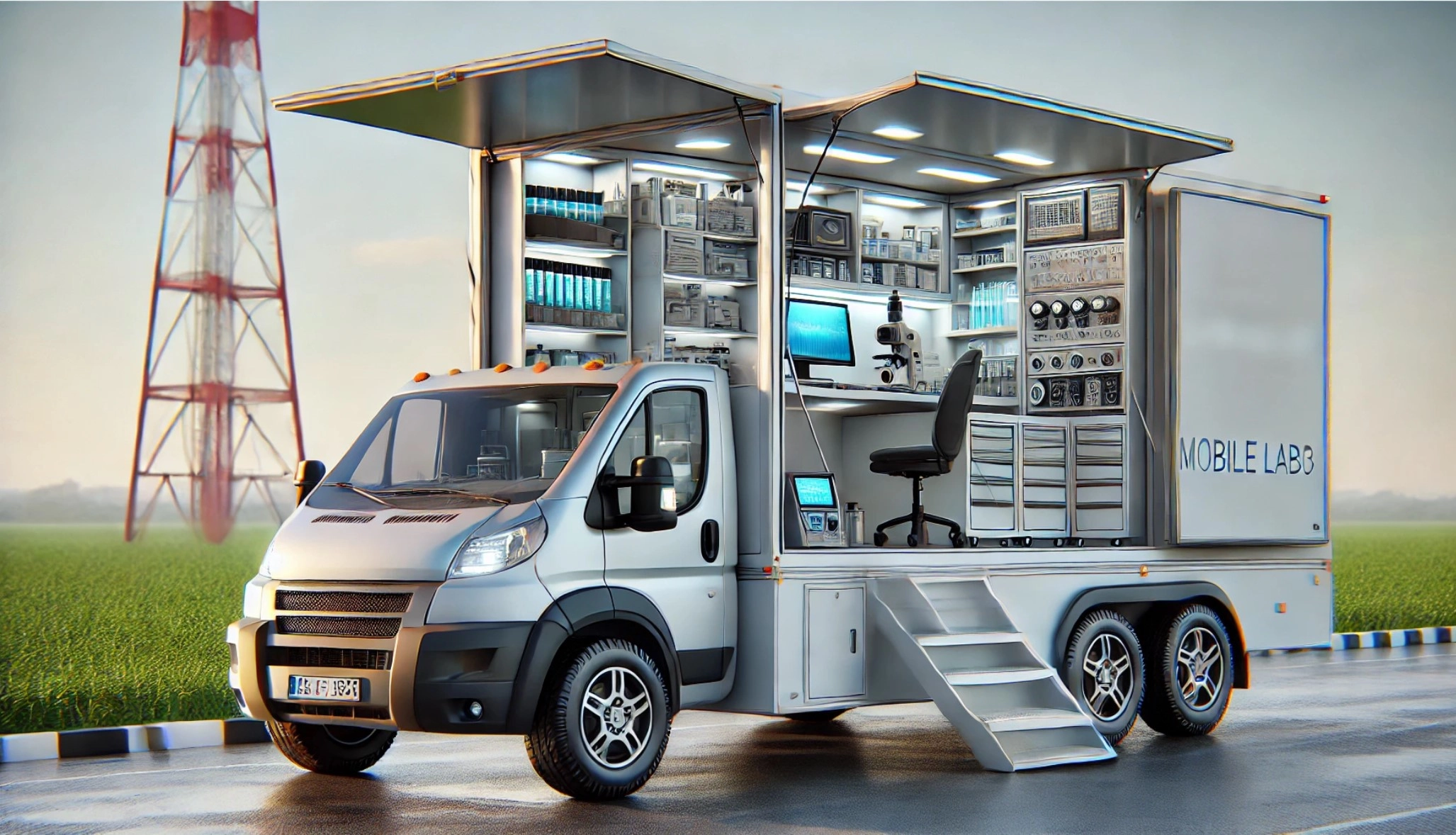
Flexibility, Portability, and Reliability are Key Considerations to Find the Best Mobile Labs at the Best Price
Types of Mobile Labs
1. Environmental Monitoring Labs
2. Mobile Medical Labs
3. Forensic Investigation Labs
4. Mobile Food Testing Labs
5. Mobile Chemical Analysis Labs
6. Mobile Training and Education Labs
Key Features to Consider When Buying Mobile Labs
1. Customization and Equipment
2. Portability and Mobility
3. Power and Connectivity
4. Safety and Compliance
5. Durability and Build Quality
6. Climate Control and Environment
Mobile Lab Price Guide
View all Mobile Lab Listings on LabX.com
